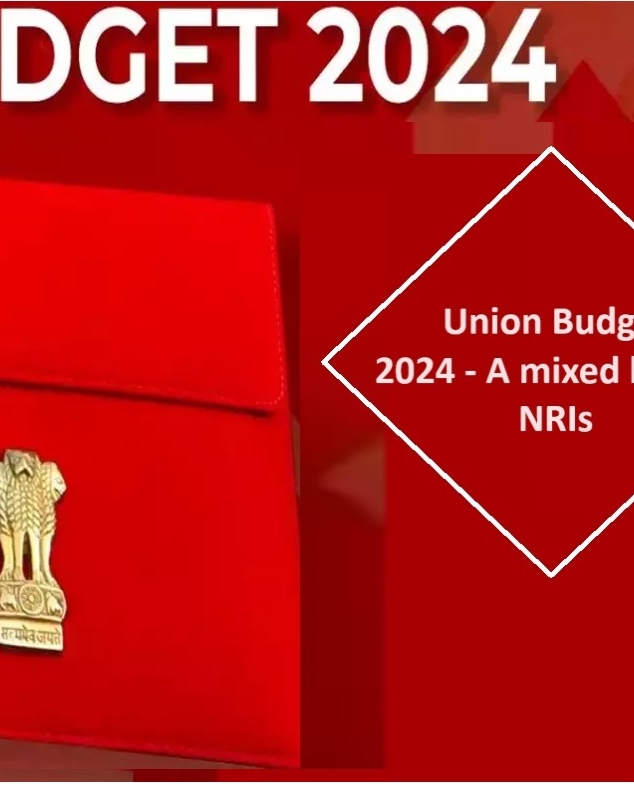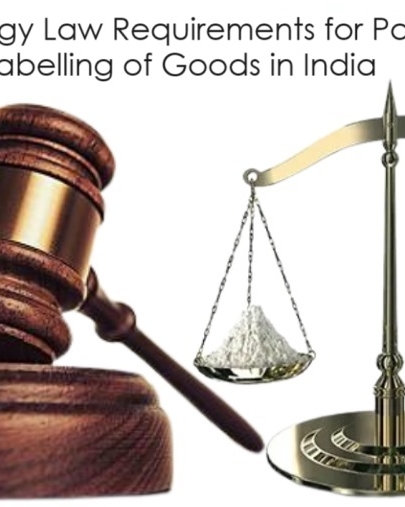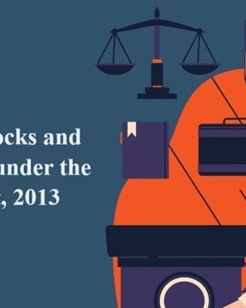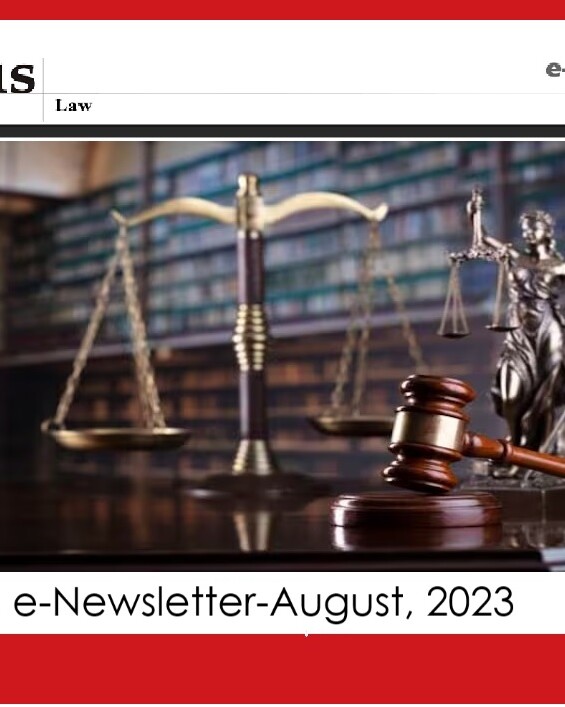Tribunal awards relief to Japanese Company’s Indian subsidiary in income tax liabilities
Author: Ms. Pankhuri Jain, Partner & Mr. Anmol Chawla, Associate at ZEUS Law
Published in asiancommunitynews.com on 7th June 2023
In this era of globalization, India is becoming one of the fastest-growing economies in the world. To take advantage of this development, many foreign investors are actively participating in expanding their businesses in India by establishing Indian Companies or setting up their wholly owned subsidiary companies in India.
Idemitsu Lube India Pvt. Ltd. (“Assessee Company”), set up in India, is one such wholly owned subsidiary of a Japanese company, named M/s. Idemitsu Kosan Co. Ltd. The Assessee Company claims to be engaged in the business of trading petro-chemical products, including lubricant oil, and providing technical assistance in related areas. The Assessee Company was agitated by the assessment done by the Income Tax Authorities, where the Company was directed to pay higher income tax. The Assessee Company challenged such an assessment by taking recourse to the procedure provided under the Income Tax Act, 1961, and got relief from the Income Tax Appellate Tribunal. The Hon’ble Appellate Tribunal pronounced the Order on 27.04.2023, in the case titled as “ACIT, Special Range-4, New Delhi vs. Idemitsu Lube India Pvt. Ltd.” bearing ITA Nos. 7255 & 7256/Del/2018, wherein it dismissed the appeals of the Income Tax Authorities and allowed the objections raised by Idemitsu Lube India Pvt. Ltd. Further, the Appellate Tribunal referred back the matter to the Commissioner of Income Tax (A) (“CIT(A)”), directing him to grant adequate opportunity of hearing to both parties with regard to the new issues raised before him.
The Japan company’s subsidiary running its operations in India, filed its return of income for Assessment Years 2012-13. The return was selected for scrutiny, and thereafter, assessment was done under the Income Tax Act. In assessment, the Income Tax Officials determined the total taxable income to be higher than what was disclosed by the Assessee Company in the return basis inclusion of foreign exchange gain from ECB loans taken by the Company. Accordingly, higher tax was computed and demanded on the higher income. Aggrieved by the assessment, the Assessee Company carried the matter before CIT(A) and got relief. The income tax authorities filed the appeal against CIT(A)’s order.
The Assessee Company submitted that it was engaged in the construction of the new manufacturing plant at Maharashtra, and for that, it has taken ECB loan from its parent company in Japan. It further submitted that since the ECB loan has been utilized for acquisition of fixed assets of the new plant, the foreign exchange translation gain on reinstatement of ECB loans was capital in nature. The Company stated that as per Accounting Standard 11 (“AS 11”) issued by Institute of Chartered Accountant of India, such gain is to be excluded from the computation of taxable income. On the contrary, the Assessing Officer of Income Tax was of the view that the Company has converted the foreign currency loan into Indian Rupees and part of it was deposited in the bank account in the form of FDRs. Hence, the foreign exchange gain of re-assessment of ECB loan was of revenue nature which is to be added in the income of the Company.
CIT(A) after perusing all the documents relating to ECB loans, was of the opinion that the ECB loans obtained by the company were utilized for the acquisition of capital assets for new plant in India. CIT(A) was further of the opinion that provisions of Section 43A of Income Tax Act providing for treatment of foreign exchange rate fluctuations are not applicable to the facts of the case since the capital assets are not acquired from outside India. Hence, CIT(A) held that foreign exchange gain on reinstatement of ECB loan to be non-taxable. The Hon’ble Appellate Tribunal was also in consonance with the findings of CIT(A) and dismissed the Appeals filed by the Income Tax officials.
As for the new issues raised by Assessee Company, the Hon’ble Appellate Tribunal held that CIT(A) was not justified in not adjudicating the issues and restored the issues back to CIT(A) with directions to decide it after giving reasonable opportunity of hearing.
About Authors: Ms. Pankhuri Jain is a Partner and Mr. Anmol Chawla is an Associate in ZEUS Law Associates, which is an ISO certified full service corporate commercial law firm with a team of dedicated and experienced lawyers well versed in handling domestic and cross border transactions across sectors, jurisdictions and regulatory landscapes.






















